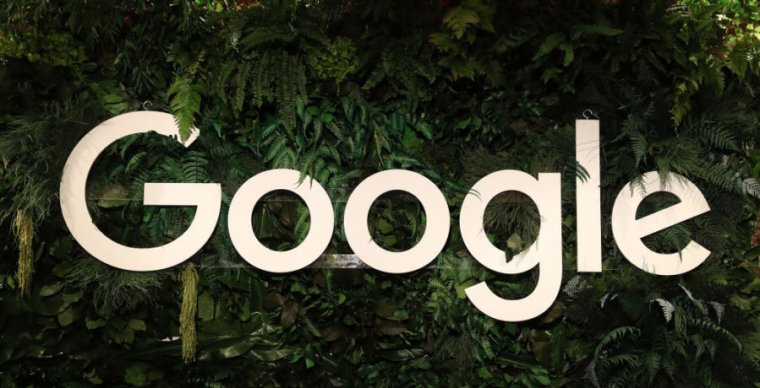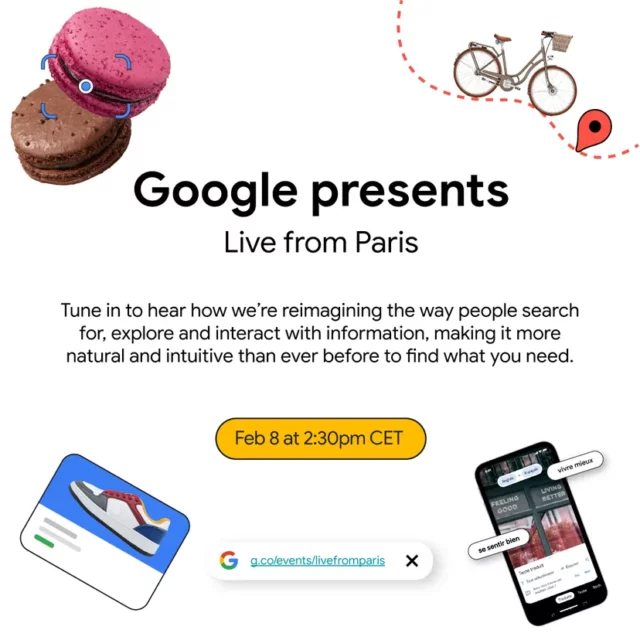
Everybody panic! Next week Google is hosting what can only be described as an “emergency” event. According to an invite sent to The Verge, the event will revolve around “using the power of AI to reimagine how people search for, explore and interact with information, making it more natural and intuitive than ever before to find what you need”—in other words, Google’s going to fire up its photocopier and stick OpenAI’s ChatGPT onto the platen. The 40-minute event will, of course, be live on YouTube on February 8.
Google’s parent company, Alphabet, had its earnings call yesterday, and Google/Alphabet CEO Sundar Pichai promised that “very soon people will be able to interact directly with our newest, most powerful language models as a companion to Search in experimental and innovative ways.” Earlier this year, the company declared a “code red” over the meteoric rise of ChatGPT and even dragged co-founders Larry Page and Sergey Brin out of retirement to help.
Google has plenty of AI technology, but it is mostly not open to the public. It has a chatbot language model called “LaMDA” (Language Model for Dialogue Applications) and an image-generation AI called “Imagen.” While OpenAI turns similar technologies into public products like DALL-E and ChatGPT that wow the world and earn the company a ton of attention, Google keeps everything internal and only ever talks about these projects in blog posts and research papers.
One result of Google’s productization efforts, according to a CNBC report, is called “Apprentice Bard,” a chatbot that uses LaMDA technology enabling people to “ask questions and receive detailed answers similar to ChatGPT.” The report laid out a ton of possible directions Google is experimenting with, like “an alternate search page that could use a question-and-answer format,” “prompts for potential questions placed directly under the main search bar” on the Google homepage, and a results page that shows “a gray bubble directly under the search bar, offering more human-like responses than typical search results.”

It’s not even clear ChatGPT is a real problem for Google. Google has a history of overreacting to other popular things on the Internet, and these “clone a competitor” projects litter the Google Graveyard. At one point, it considered Facebook an existential threat and built Google+. That project was eventually shut down, and today Google has no social presence, yet the company still seems fine. Before that, it was Amazon that was “Google’s biggest search rival.” Those fears eventually gave birth to the Amazon Prime clone Google Shopping Express. That project failed, too, and somehow Amazon has yet to replace Google search. ChatGPT is hyped as a search competitor because it’s a way to get direct answers to questions. While that is a part of Google Search’s business, Google already has an interface for direct answers: Google Assistant. Just like ChatGPT, Assistant was originally pitched as a chatbot.
While the Assistant works fine for simple queries, Google hasn’t been able to monetize the feature, and it’s reportedly been cutting resources from the division. It’s not clear how a ChatGPT competitor would change the core problem of monetization other than kicking that can down the road a few years. Monetization works when you have a list of 10 blue links to sort through but is less easy when you help people immediately find an answer. Pushing more people into that style of interface might hurt Google’s bottom line. It’s not just Google: Amazon has not been able to figure out an answer to Alexa monetization, either.
Perhaps the only part of Google that ChatGPT threatens is the stock price. Google seems rather frantic in its announcement because the company has several yearly events that this announcement could easily slot into, like Google I/O, which is held every May. That’s next quarter, though, and if Google is worried about investor confidence, that would explain why it seems to feel this event needs to happen this quarter and not next quarter. Tune in Wednesday!
https://arstechnica.com/?p=1914812

